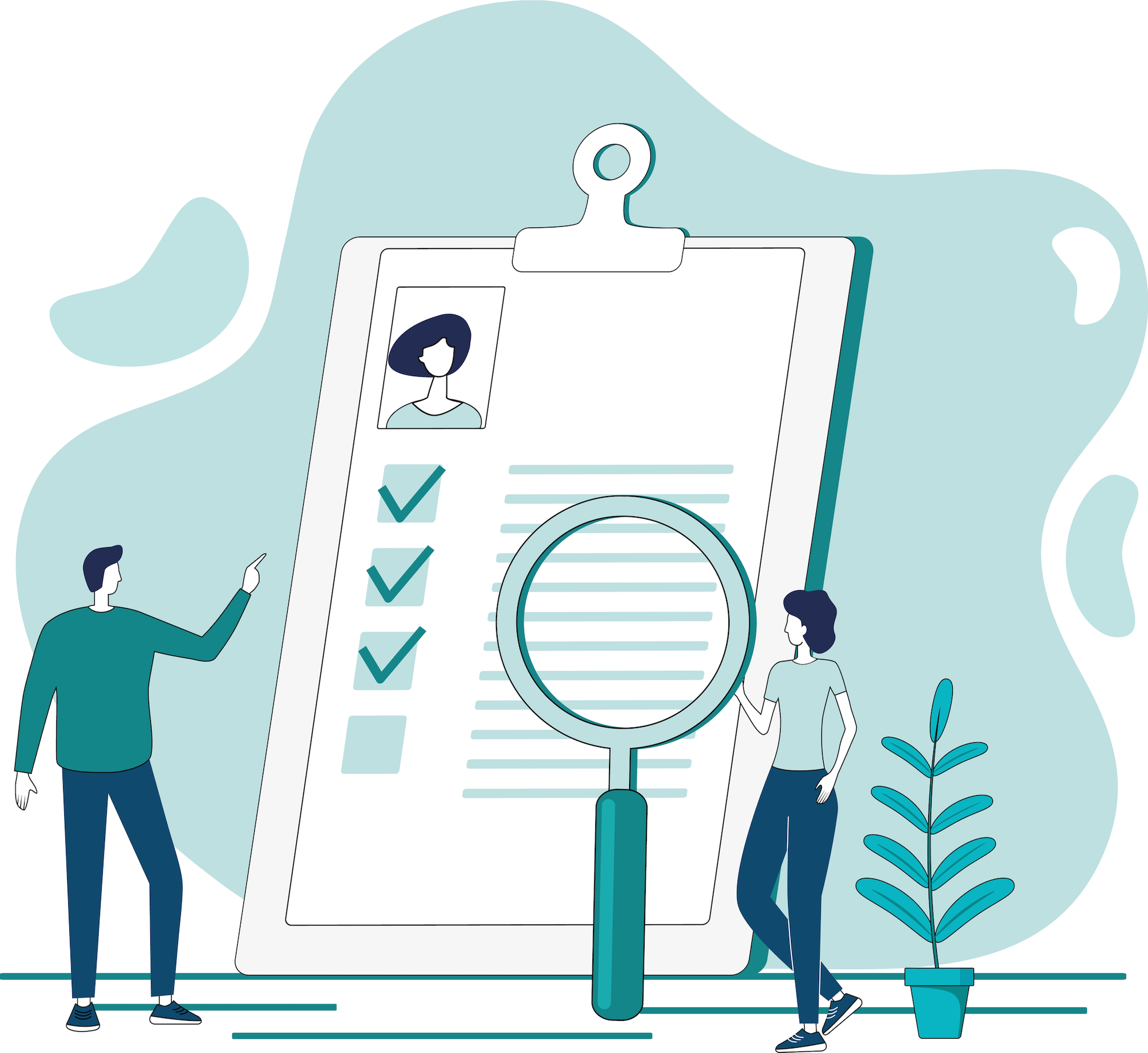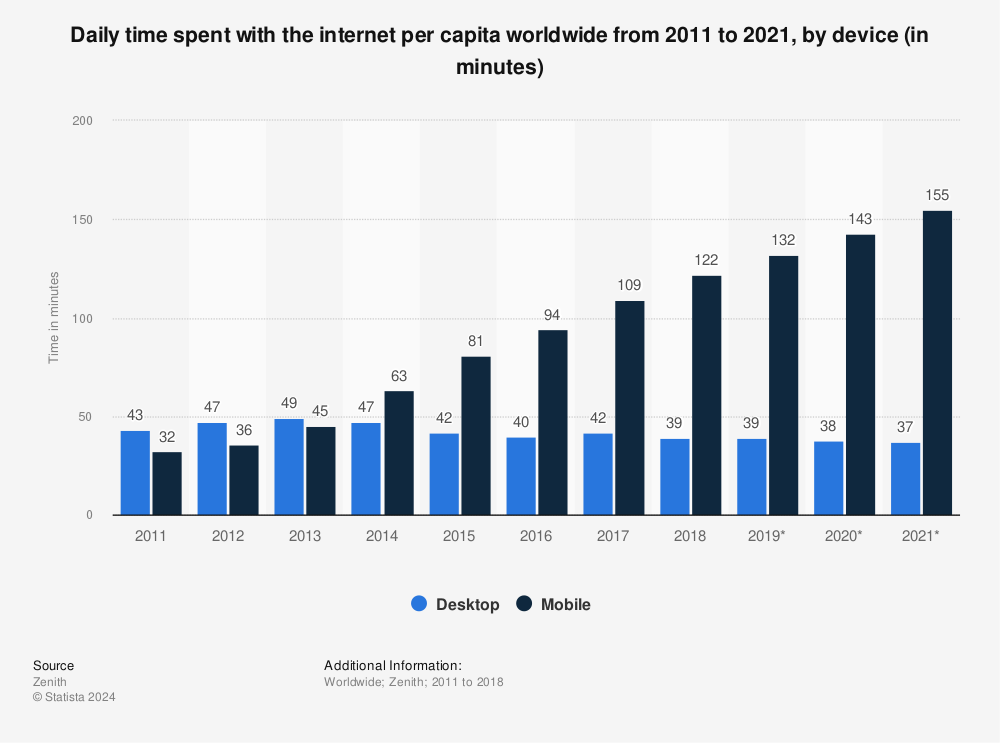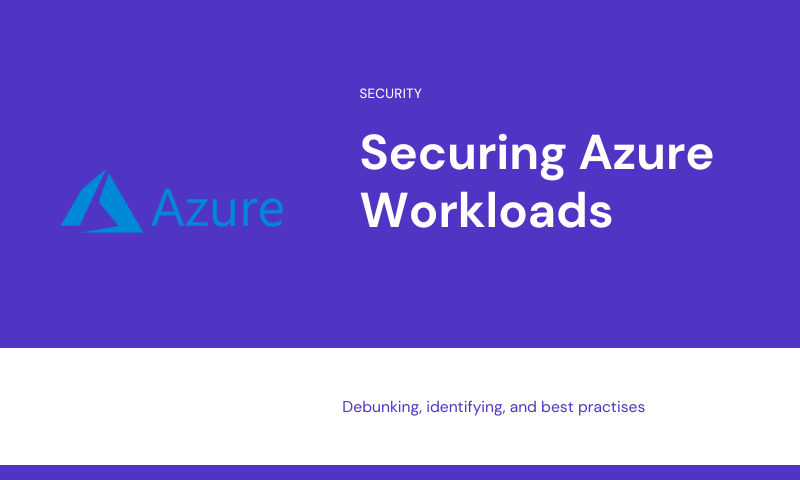4 key business lessons learnt in 2020
20 January, 2021
Key facts

If the year 2020 taught us anything, it’s that running a business requires adaptability and flexibility, especially when going through tough times.
But what this mantra fails to do is provide insight on how businesses can exactly do that.
What should businesses adapt to and how?
When is the right time? And why should they be flexible to begin with?
Over the last 12 months, consumers and businesses plunged into crisis mode during ongoing lockdowns, industry pivots and sector booms.
We have identified 4 key business lessons from one of the biggest disruptions in modern day history, the year 2020.
4 key business lessons:
#1. Be open to innovation.
Australians are spending nearly 40 hours per week online – roughly the same amount of time many of us spend at the workplace.

Find more statistics at Statista
With 18.6m AU e-commerce users in 2020, and order and traffic growth at an all time high, it is safe to say that the online market can expect to see more rapid uptake in 2021.
By July 2020, ecommerce had grown to comprise 14 percent of the Australian market’s total retail sales, excluding cafes and restaurants. As a result, Australia Post is now projecting ecommerce sales will reach a 16 percent figure of total sales for 2025, according to CMO.
Since customer buying patterns can change dramatically, be as agile and flexible as possible to combat this so you change alongside them.
What can this look like? This means writing operational procedures based on variables through a business continuity plan or proactively staying abreast of the latest technologies so your business is ready to quickly move as the market shifts.
#2. Virtualise your workplace.
In 2021, 30% of firms will continue to accelerate their spend on cloud, security and risk, networks, and mobility — including struggling firms looking to leapfrog less wily competitors and gain advantage coming out of the pandemic (2020 Forrester Research).
“Having already migrated to Microsoft Office 365 for all staff, this was key to our success in 2020”, says Synnex Australia, Manager, MIS Department, Adeline Chang.
Mobile devices, cloud-based call centres, online collaboration tools, and stable network connections enable teams to adapt and transition quickly into the remote workforce so businesses can continue without interruption, Chang adds.
Workspace virtualisation provides greater efficiency for IT admins because it streamlines the management of devices while meeting employee expectations as more and more IT strategies are being driven by the need to keep users satisfied and productive.
There are many desktop or software-as-a-service options available to small businesses that remove the support burden from the organisation and turn it into a predictable service fee that is easy to budget for. Learn what they are here.
Keep in mind, the impact of cyber security and infrastructure redundancy on IT investments – download our security report to learn more.
#3. Customer experience remains a high priority.
25% of brands will achieve statistically significant advances in CX quality in 2021 (2020 Forrester Research).
It is often said that people buy from people, and during a stressful and uncertain time, 2020 has proven this to be true.
“Some reseller partners were overwhelmed by the WFH requirements’ spike, and others went into an almost hiber-native state”, says Synnex Australia Business Development Representative in Commercial Sales, Kiri Paterson.
Still, everyone needed to know there was someone they knew and trusted to talk to about their requirements; ensuring they could develop a solution to the issues their customers were facing, Paterson shares.
Partners value the follow-through and not being abandoned as soon as the transaction takes place.
Influencing the interactions that your customers have with your business, from the first point of contact to becoming a loyal customer, a customer experience (CX) strategy is more than just a trend. It’s a long term play.
What truly makes for a good CX?
- speed
- flexibility
- convenience
- consistency
- knowledgeability
- friendliness
- personalisation
- charitability and social responsibility
- design and brand image
Learn more here.
#4. Be a human centered leader.
Last year reiterated the value of human-centred leadership.
For those who had the skills, their teams delivered outstanding results; paving the way for sustainable achievements in the months that followed, says Synnex Australia Human Resources Manager, Meghana Dhupar.
This type of leadership is simple – it’s about listening and putting the needs of your team first. It’s to lead the team with grit, by purpose, empowerment, and humility.
Human centred leaders have three key characteristics:
- Communication – They ask questions and listen. They are approachable and involve employees at all levels of decision making.
- They prioritise vision, value and velocity – They focus on the priorities internally and externally with a clear and practical plan. They are honest, own their mistakes and most importantly, emotionally connect with the employees; creating genuine relationships.
- Capabilities – They accept change, evaluate and re-evaluate strategies and competencies. They redefine the plan to achieve the goal, consistently.
In 2020, we saw leaders and managers that influenced and motivated their teams and brought them together, which led to an increase in career growth, enhanced skills and positive team culture, Dhupar says .
Pro tip: Build your online presence.
As the world moves online, businesses of different sizes have been able to successfully transition their offerings to fully or semi virtual services without losing what makes them different.
Beyond having a website or transacting online, consider how you can personalise your business through creating an online brand on social media – that way, you can continue to support your customers during unprecedented times.
What kind of content should you share? Product demos, how-tos, answers to frequently asked questions, insights on industry news or trends, interviews with loyal customers and staff…the list goes on.
Use our 10 LinkedIn tips to get started.
Take these 4 lessons as a means to improve how you run your business.
2020 advancers did the work to determine what really matters to their customers, identified projects to improve important experiences, prioritised efforts with the biggest potential upside for customers and the business, and then trained their employees (and gave them new tools) so that they could deliver the right experiences consistently.
Ensuring businesses flourish and can weather any storm is our number one priority. 2020 was a catalyst for positive change but what should not change, is your ambition to build a resilient team and create long lasting relationships with your customers.
For more information and advice on how best to move forward, get in touch with team Synnex on 1300 100 100 or sales@au.synnex-grp.com.
Contributors
Meghana Dhupar, Synnex Australia, Manager, Human Resources.
Kiri Paterson, Synnex Australia, Business Development Representative, Commercial Sales.
Adeline Chang, Synnex Australia, Manager, MIS Department.



Leave A Comment